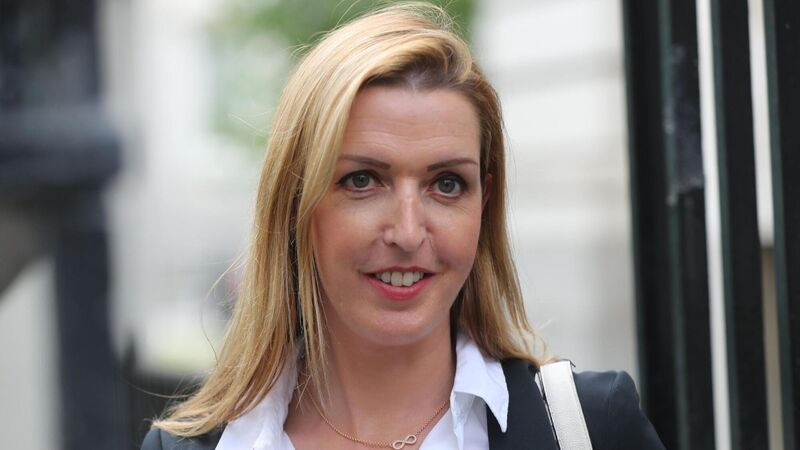Letters to the Editor: Women who led the fight for justice

'Vicky Phelan was the beacon of light for many women, whose health was treated as an afterthought by the State.'
Try from €1.50 / week
SUBSCRIBEWe feel a great sense of loss at the death of Vicky Phelan. Hearing so many tributes to Vicky on radio and in the media in general, I wish I had known her, and I feel I did.
She touched so many lives with her stubborn refusal to be silenced.
Already a subscriber? Sign in
You have reached your article limit.
Annual €130 €80
Best value
Monthly €12€6 / month
Introductory offers for new customers. Annual billed once for first year. Renews at €130. Monthly initial discount (first 3 months) billed monthly, then €12 a month. Ts&Cs apply.
Newsletter
Sign up to the best reads of the week from irishexaminer.com selected just for you.

Select your favourite newsletters and get the best of Irish Examiner delivered to your inbox
Saturday, February 7, 2026 - 9:00 PM
Saturday, February 7, 2026 - 11:00 PM
Saturday, February 7, 2026 - 12:00 PM
© Examiner Echo Group Limited